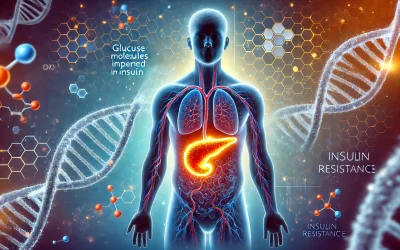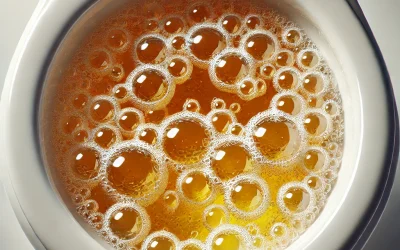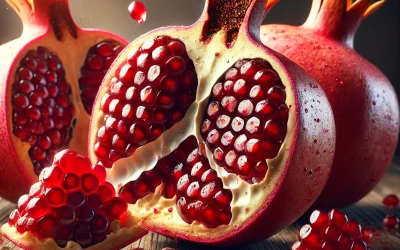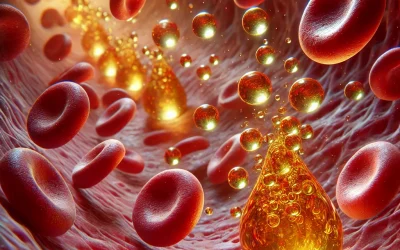Frequent urination is a common bodily function, but if you notice that it happens more often after eating sugary foods, it may be a warning sign of an underlying health issue—particularly diabetes. While occasional increased urination after a heavy meal or high sugar intake may not be alarming, consistent episodes should not be ignored.
In this article, we will explore why sugar consumption can lead to frequent urination, how this relates to diabetes, and what steps you can take to manage or prevent this condition.
Why Does Sugar Make You Urinate More?
The connection between sugar intake and frequent urination primarily revolves around how your body processes glucose. When you consume sugary foods, your blood sugar (glucose) levels rise. Normally, your pancreas releases insulin, a hormone that helps your body absorb and use glucose for energy. However, when glucose levels get too high—either due to insulin resistance or insufficient insulin production—your kidneys step in to remove the excess sugar from the bloodstream.
The kidneys filter glucose from the blood and expel it through urine. This process draws extra water from the body, leading to increased urine production. As a result, you may find yourself urinating more frequently, especially after eating foods high in sugar.
Diabetes and Frequent Urination
Frequent urination after consuming sugary foods is often associated with diabetes mellitus, particularly type 2 diabetes. This occurs because the body either does not produce enough insulin or cannot use insulin effectively, leading to persistently high blood sugar levels.

How Diabetes Causes Frequent Urination
- Excess Blood Sugar: When glucose levels are too high, the kidneys filter out the excess sugar into the urine.
- Increased Water Loss: As sugar is expelled through urine, it takes water along with it, increasing urine volume.
- Dehydration and Thirst: Frequent urination can lead to dehydration, triggering excessive thirst (polydipsia), which, in turn, leads to even more fluid intake and urination.
Other Symptoms of Diabetes
If frequent urination after eating sugary foods is due to diabetes, you may also experience:
- Excessive thirst (polydipsia)
- Unexplained weight loss
- Extreme fatigue
- Blurred vision
- Slow-healing wounds
- Increased hunger (polyphagia)
If you notice these symptoms, it is essential to consult a doctor for a blood sugar test.

Could It Be Something Else?
Frequent urination after consuming sugar is not always a sign of diabetes. Other conditions and factors that can contribute include:
- Reactive Hypoglycemia: A condition where blood sugar drops rapidly after eating sugar, triggering stress hormones that may lead to increased urination.
- Urinary Tract Infection (UTI): Infections can cause frequent urination, but they are often accompanied by burning sensations or pain.
- Diabetes Insipidus: A rare condition unrelated to blood sugar but involving excessive urination due to a hormone imbalance.
- Caffeine and Alcohol: If sugary drinks like soda, coffee, or cocktails cause frequent urination, the caffeine or alcohol content may be the culprit.
When to See a Doctor
If frequent urination after eating sugary foods occurs regularly, it is important to get tested for diabetes. Doctors typically perform:
- Fasting Blood Sugar Test: Measures glucose levels after fasting for 8 hours.
- Hemoglobin A1c Test: Provides an average of blood sugar levels over 2-3 months.
- Oral Glucose Tolerance Test (OGTT): Measures how well your body handles sugar over time.
Managing Blood Sugar to Reduce Frequent Urination
If diabetes or prediabetes is diagnosed, lifestyle changes and medical treatment can help manage blood sugar levels and reduce frequent urination.

Diet and Lifestyle Tips:
- Limit sugary foods and refined carbohydrates to prevent spikes in blood sugar.
- Increase fiber intake from vegetables, whole grains, and legumes.
- Stay hydrated with water instead of sugary drinks to prevent dehydration.
- Exercise regularly to improve insulin sensitivity and glucose metabolism.
- Monitor blood sugar levels as recommended by your doctor.
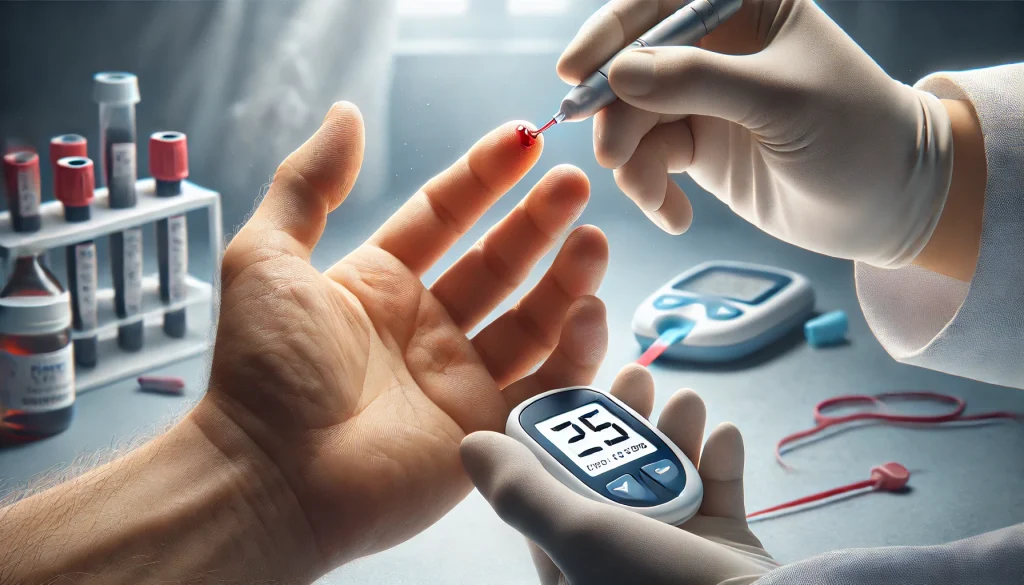
Medical Treatment
If diagnosed with diabetes, treatment may include:
- Oral medications such as metformin to improve insulin sensitivity.
- Insulin therapy for individuals who cannot produce enough insulin.
- Regular checkups to monitor kidney function and overall health.
Conclusion
Frequent urination after eating sugary foods may be an early sign of diabetes, but it can also be caused by other factors. If you notice this symptom regularly, especially alongside excessive thirst or fatigue, it is essential to seek medical evaluation. Early detection of diabetes allows for better management and prevention of complications, helping you maintain a healthier life.
If you suspect blood sugar issues, start by tracking your symptoms and adjusting your diet to reduce sugar intake. Your body may be signaling that it needs attention—listen to it and take proactive steps toward your health.
